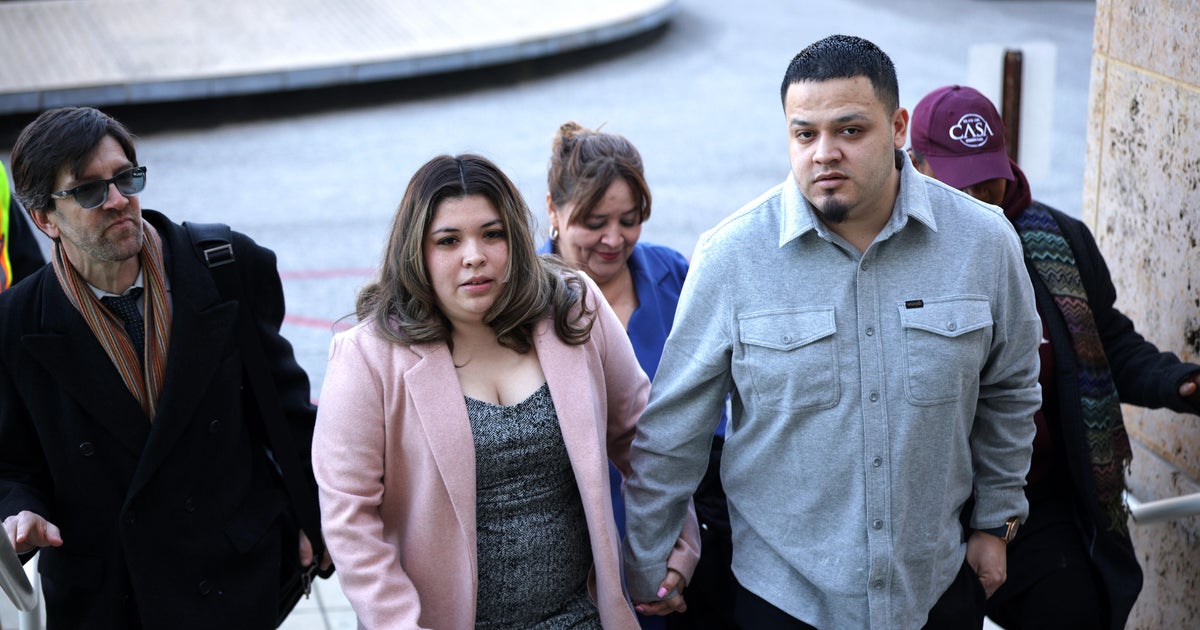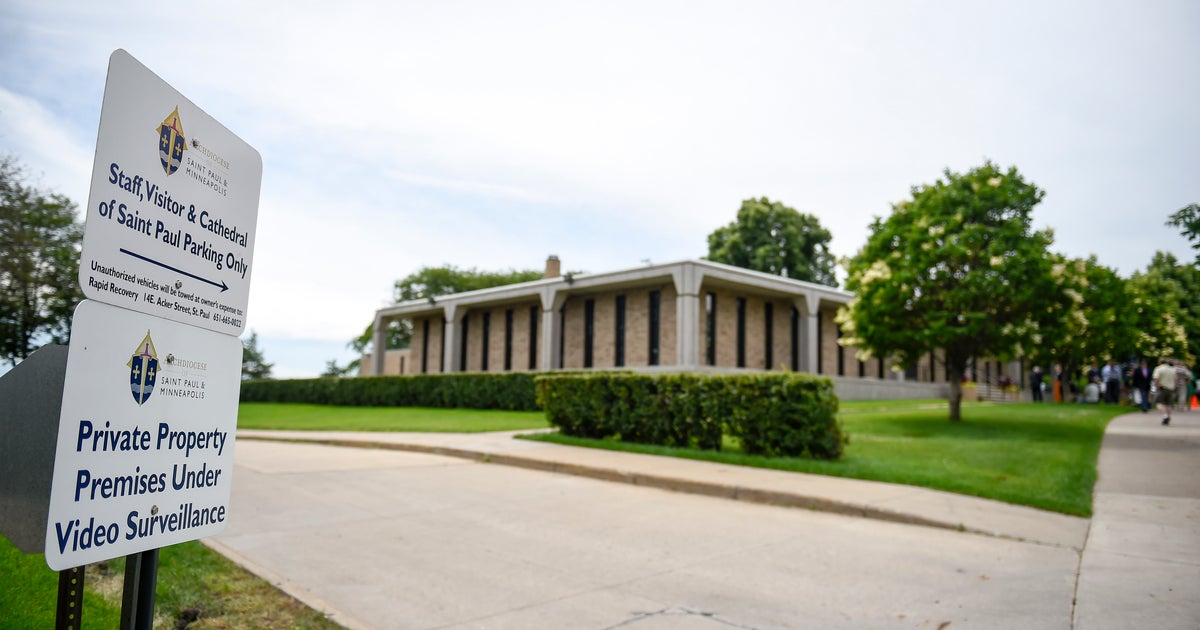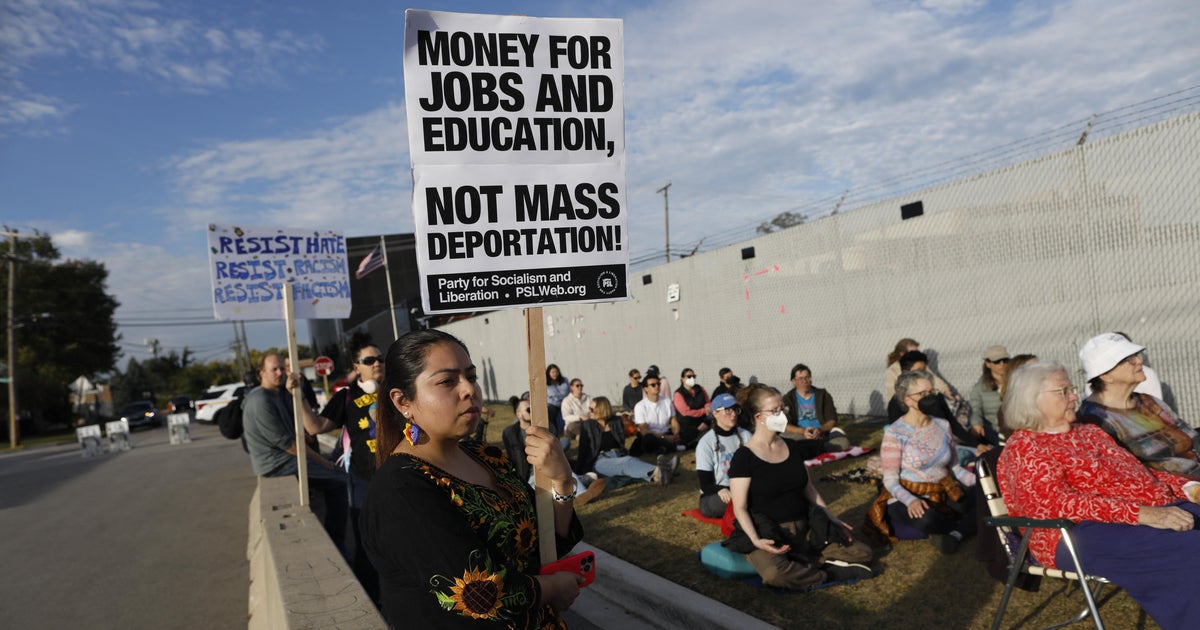Supreme Court tosses lower court ruling against Black Lives Matter leader DeRay Mckesson
Washington — The Supreme Court on Monday tossed out a lower court ruling against Black Lives Matter leader DeRay Mckesson, handing a temporary win to Mckesson in a case brought by a police officer who was hit in the head with a projectile and injured during a 2016 protest against police violence.
In an unsigned opinion, the high court threw out the decision by the U.S. 5th Circuit Court of Appeals that let the lawsuit against Mckesson move forward, sending the dispute back to the lower court for further proceedings. Only Justice Clarence Thomas noted his dissent. Justice Amy Coney Barrett did participate in consideration of the case.
"Under the unusual circumstances we confront here, we conclude that the Fifth Circuit should not have ventured into so uncertain an area of tort law — one laden with value judgments and fraught with implications for First Amendment rights — without first seeking guidance on potentially controlling Louisiana law from the Louisiana Supreme Court," the Supreme Court said.
Mckesson reacted to the Thomas' dissent on Twitter, writing that the justice "is just not on the right side of any of these issues."
The legal battle stemmed from a demonstration Mckesson organized in Baton Rouge, Louisiana, protesting the July 2016 fatal shooting of Alton Sterling by police. The protesters occupied the road in front of the police department's headquarters, and when officers started arresting people to clear the highway, an unknown person — not Mckesson — threw a "rock-like" object, hitting an officer, identified as Officer Doe. The officer was struck in the face and suffered injuries to his jaw and head, and lost teeth, according to court filings.
Though the person who threw the rock is unidentified, Officer Doe sought to recover damages from Mckesson, claiming he negligently staged the protest in a manner that caused the incident and should have known the demonstration would lead to violence. But Mckesson argued the First Amendment protected him from liability.
A federal district court tossed out the claim and said Mckesson could not be sued, but the 5th Circuit reversed the district court's ruling, finding that because Mckesson allegedly directed the blocking of the highway, the First Amendment did not shield him from liability for the consequences.
In its opinion, the Supreme Court said the 5th Circuit's "interpretation of state law is too uncertain a premise on which to address the question presented."
"The constitutional issue, though undeniably important, is implicated only if Louisiana law permits recovery under these circumstances in the first place," the court said.



